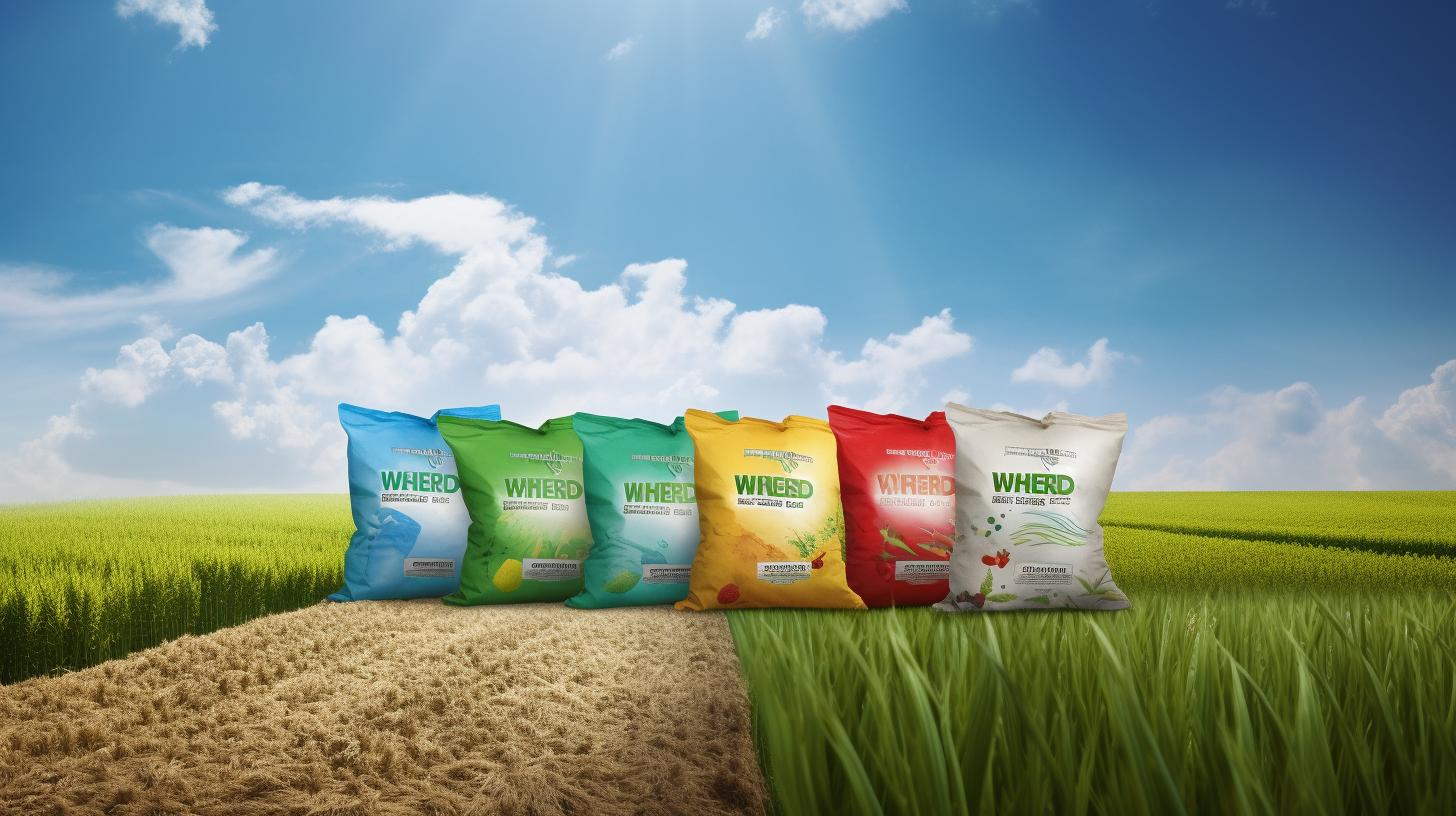Nitrogen is a vital nutrient for plant growth and development, playing a key role in photosynthesis and overall crop health. There are several types of nitrogen fertilizers available, each designed for specific applications and crop types. In this article, we will explore how to choose the right nitrogen fertilizer to meet the unique needs of your crops.
Nitrogen fertilizers can be broadly categorized into three types: ammonium-based, nitrate-based, and urea-based fertilizers. Understanding the differences can help you select the right one for your specific cropping situation.
These fertilizers, including ammonium sulfate and ammonium nitrate, provide nitrogen in a form that is readily available to plants. They are particularly beneficial for crops grown in acidic soils, helping to correct pH levels and promote healthy growth.
Nitrate fertilizers, such as calcium nitrate, are excellent for crops with high nitrogen requirements during rapid growth phases. They can be quickly absorbed by plants, making them ideal for certain fruit and vegetable crops.
Urea is one of the most commonly used nitrogen fertilizers due to its high nitrogen content and low cost. However, urea typically requires microbial activity in the soil to convert to a usable form of nitrogen.

The selection of the correct nitrogen fertilizer also depends on the specific crop and its growth stage. For example:
Cereal crops such as wheat and corn may benefit from split applications of ammonium nitrate to maximize nitrogen uptake during critical growth stages.
For vegetable crops, especially leafy greens, quick-acting nitrate fertilizers are often used to ensure adequate nitrogen availability for lush, green growth.
Fruiting plants, like tomatoes, thrive on balanced fertilization that includes both nitrogen and phosphorous, helping to enhance fruit quality and yield.
Even with proper nitrogen fertilization, crops can face nutritional deficiencies. Monitor your crops for signs such as yellowing leaves, stunted growth, or poor yields. To address these issues, soil testing can provide insights into the specific nutrient needs, allowing for targeted fertilization strategies.
Choosing the right nitrogen fertilizer is a critical step towards achieving optimal crop health and yields. By understanding the types of nitrogen fertilizers available, their specific applications, and how to manage common nutritional issues, you can enhance your farming practices and ensure the success of your crops.